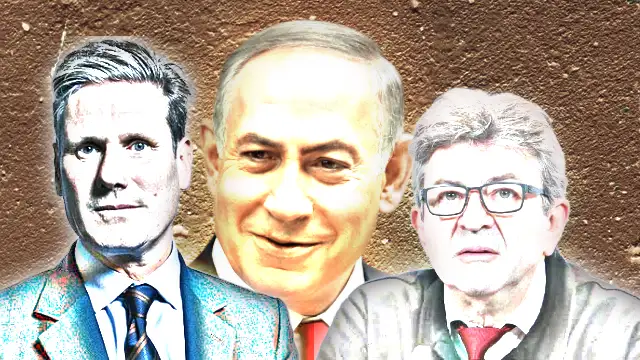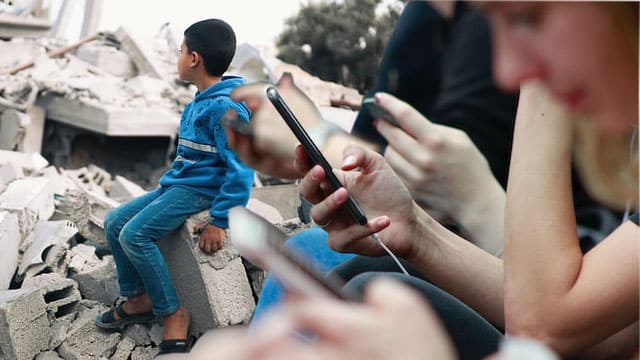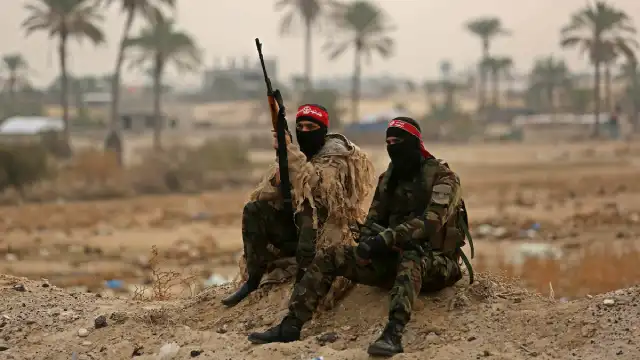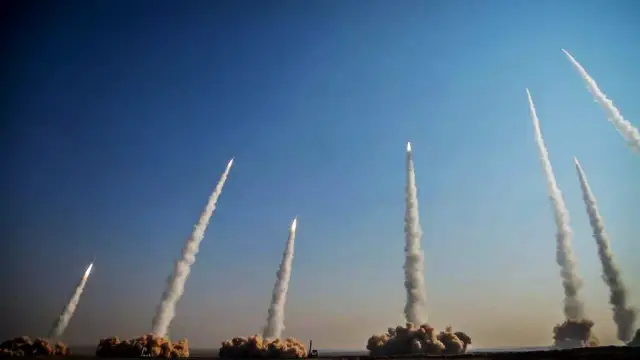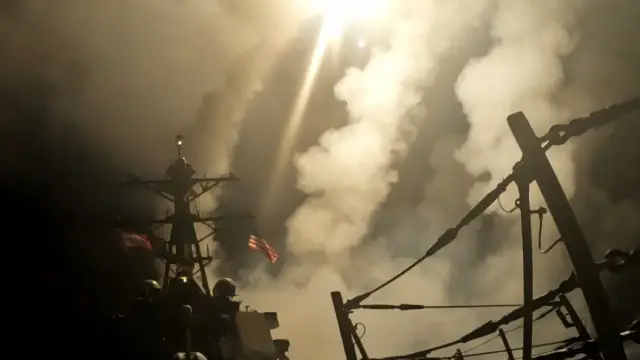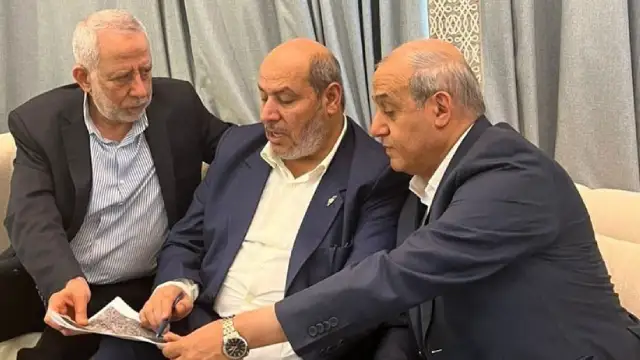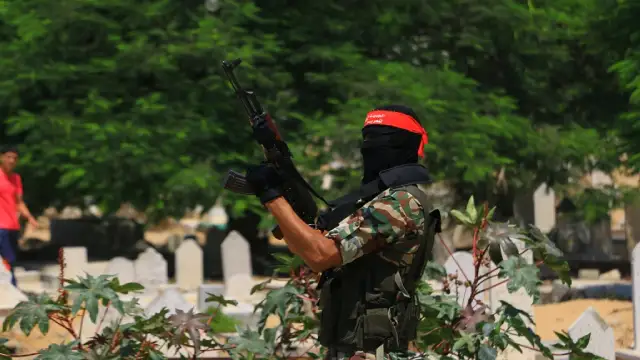Some of the Western leaders, including newly elected British Prime Minister Sir Keir Starmer, have been pushing Israeli Prime Minister Benjamin Netanyahu for an urgent ceasefire, as Israel’s reckless attack on Gaza enters nine months, killing more than 38,000 innocent Palestinian civilians.
In his first international call to Israeli and Palestinian leaders, Sir Starmer called for a “clear, urgent ceasefire” in the besieged Gaza Strip. He also affirmed the “undeniable right” of the Palestinians to statehood.
The call has also echoed from the other side of the English Channel, from France. Jean-Luc Mélenchon, the leader of the France Unbowed (LFI), which leads the National Popular Front (NFP) that has won the maximum number of seats in the recent French National Assembly elections, promised the establishment of a Palestinian state as the chief international goal during his maiden public address after the results.
Renewed ceasefire calls from the new western leaders: Starmer and Mélenchon
Sir Starmer, whose Labour Party won the elections in the UK just recently, spoke to Mr Netanyahu where he discussed the “need for a clear and urgent ceasefire.” He also suggested the need for “long term conditions of the two-state solution” that included financial means for the Palestinian Authority to operate effectively.
Sir Starmer has been accused of justifying Israel’s cutting of water and electricity to Gaza, saying it had the “right” to do it, in a podcast in October last year. However, the justification was denied later claiming that Sir Starmer referred to Israel’s right to self-defence. He has also been criticised for not speaking up for the Palestinian’s rights.
However, after taking office, the prime minister discussed the “pressing issue of war” in Gaza with Palestinian President Mahmoud Abbas and assured “a ceasefire, the return of hostages, an increase and acceleration in humanitarian aid, and financial support for the Palestinian Authority.” He repeated his international legitimacy for Palestine, highlighting that Palestinian statehood is an “undeniable right of Palestinians.”
Sir Starmer is not the only one to exert pressure on Mr Netanyahu for his military aggression on the besieged Gaza Strip, inhabiting 2 million people. Mr Mélenchon, after the NFP’s victory in the French elections on Sunday, vowed for the recognition of the Palestinian statehood “as soon as possible.” He remarked that this would be the rare chance for the UK to weigh in on the situation in Gaza.
In total, 145 of the 193 countries recognise Palestine as a sovereign state, including Norway, Spain and Ireland, countries that joined the list this year.
The newly elected British Foreign Minister David Lammy also called for “an immediate ceasefire.” He took to X (formerly Twitter) to express his distress stating “The devastated violence has gone too far.” “The reports of civilian casualties following an Israeli strike near a school in Abassan in Gaza are appalling… we want to see urgent measures to protect civilians, an immediate ceasefire and the release of all hostages.”
An Israeli strike that hit the tents on the ground of Al-Awda school in Abassan has killed at least 27 people on Tuesday.
Mr Melenchol, as an active critic of Mr Netanyahu, has also been calling out the latter for his war crimes in Gaza. On his X (formerly Twitter) handle, he questioned, “Is it so hard to condemn the racism that prevents us from seeing a Palestinian as a human being?”
The International Criminal Court (ICC), in May, sought to prosecute Mr Netanyahu and others for carrying out multiple war crimes in Gaza including “causing extermination, causing starvation as a method of war, including the denial of humanitarian relief supplies, deliberately targeting civilians in conflict.”
The UN Human Rights Commission (UNHRC) stated that people in Gaza are facing a famine. “The recent deaths of more Palestinian children due to hunger and malnutrition leaves no doubt that famine has spread across the entire Gaza strip.”
Mr Mélenchon denounced Mr Netanyahu and his army for the tent massacre in May when the Israel Defense Force (IDF) set ablaze a displacement camp in Rafah, killing 50 Palestinians, including women and children, and injuring over 200 innocent civilians. “The abominable massacre of the tents of the refugee camp in Gaza sums up the murderers of this army of war criminals and their leaders,” Mr Mélenchon said. He also emphasised ending the atrocities and called for the recognition of the Palestinian state.
“All pressure must be used to put an end to this abomination. Breakdown of cooperation with the Netanyahu government and its economy, arms embargo, recognition of the State of Palestine,” he had posted.
Adding to the existing and constant international pressure from international bodies, including the ICC and the UN, and innumerable global heads on Mr Netanyahu to end the war in Gaza, will the newly elected leaders’ calls be heeded?
The endpoint of Netanyahu’s stubbornness?
A day after the IDF killed at least 27 Palestinians and injured 53 in an attack on a school inhabiting displaced civilians in the Khan Younis area of the Gaza Strip, the Israeli army has now ordered all civilians to evacuate the Gaza City. Israel has struck four schools in the last four days, intensifying its already brutal offensive against civilians, including women and children.
A Lancet study recently has shown that the death toll in Gaza since October 2023 could exceed 186,000. It repeated the need for an “immediate and urgent ceasefire” in the Gaza Strip. It must also be “accompanied by measures to enable the distribution of medical supplies, food, clean water, and other resources for basic human needs.”
The article published on July 5th, calling documentation a “legal requirement” emphasised, “There is a need to record the scale and nature of suffering in this conflict. Documenting the true scale is crucial for ensuring historical accountability and acknowledging the full cost of the war.”
Unfortunately, Israel’s airstrikes killed five Palestinian journalists in the last few days, covering the atrocities inflicted upon them by the IDF. This accounts for a total of 108 journalists and media workers confirmed killed, with 32 injured, as per the Committee to Protect Journalists.
Mr Netanyahu on Sunday said in a statement, “Any deal will allow Israel to resume fighting until all of objectives of the war have been achieved.” In this course, he even released a list of “non-negotiables” for the ongoing hostage deal with Hamas without consulting the negotiating committee, which left the officials shocked, as per the Hebrew media.
Despite Mr Netanyahu’s stubbornness to continue the war until all the “objectives are achieved”, the global pressure on him keeps on increasing. The Israeli civilians have been regularly protesting against their prime minister for not prioritising the hostage deal with Hamas. People across the world, including Jews, have been unwaveringly taking to the streets and college campuses, despite arrests and ill-treatment, demanding ceasefire, accountability and Palestinian statehood.
In such a situation, how far can Mr Netanyahu’s stubbornness take him? Will new leaders, Sir Starmer and Mr Mélenchon, emphasise the voice of the people of the UK and France, and shake Mr Netanyahu from his agendas? The big question is how much more destruction to infrastructure, including hospitals, schools and the killing of children will take place as “collateral damage” until a permanent ceasefire takes place and the hostages are returned? How many more civilian deaths is the end point of Mr Netanyahu’s stubbornness?
Join our channels on Telegram and WhatsApp to receive geopolitical updates, videos and more.

